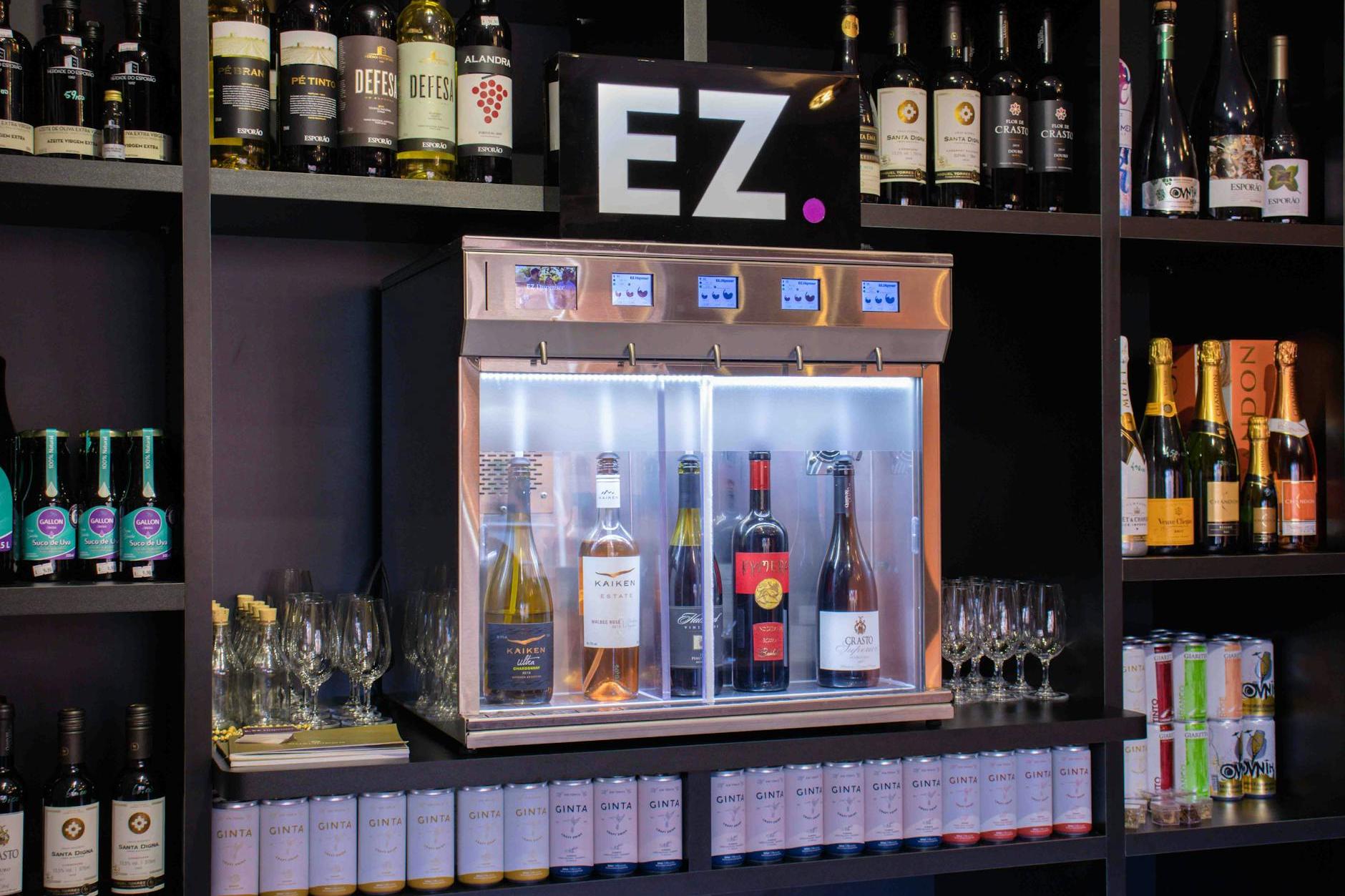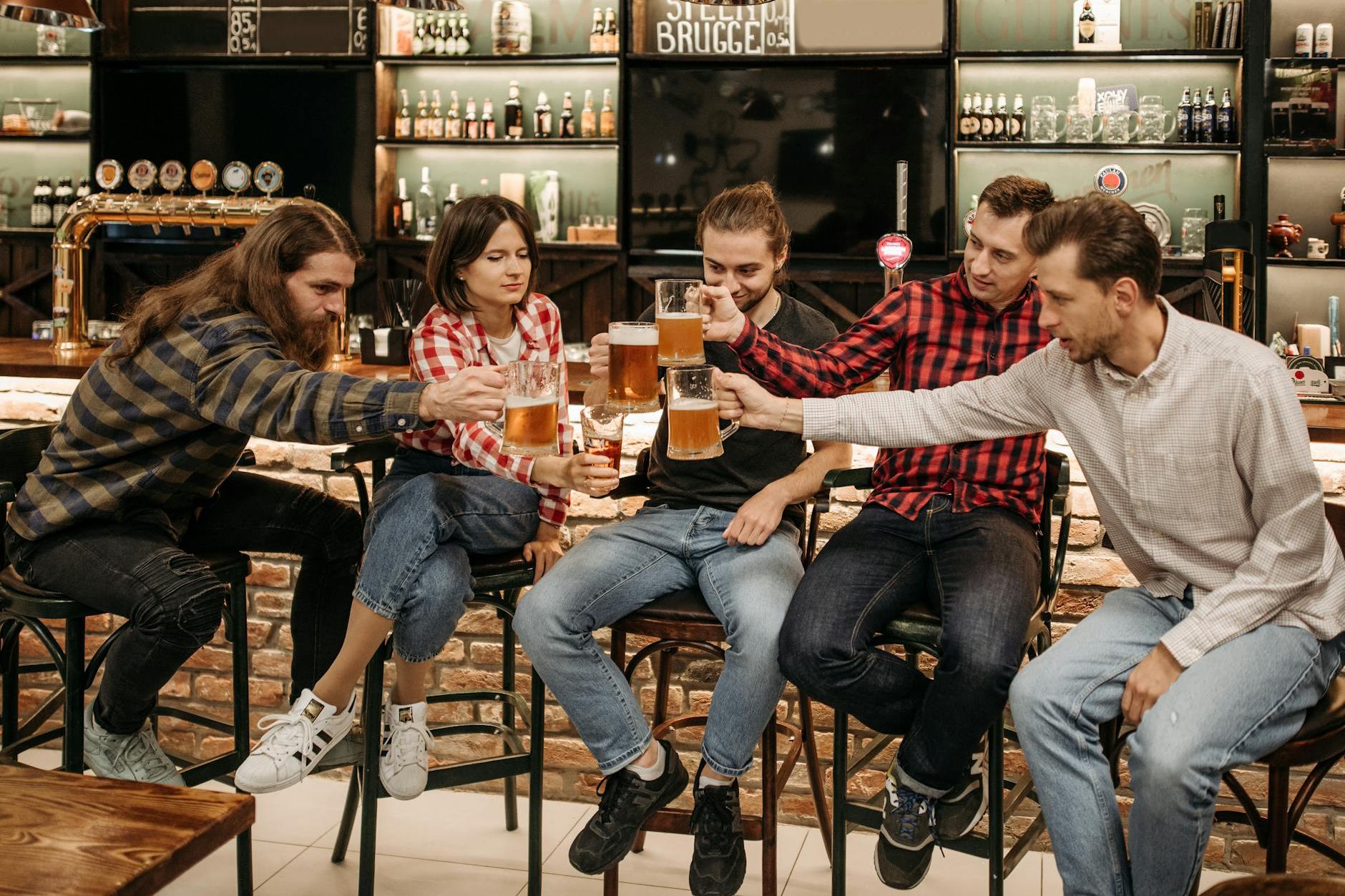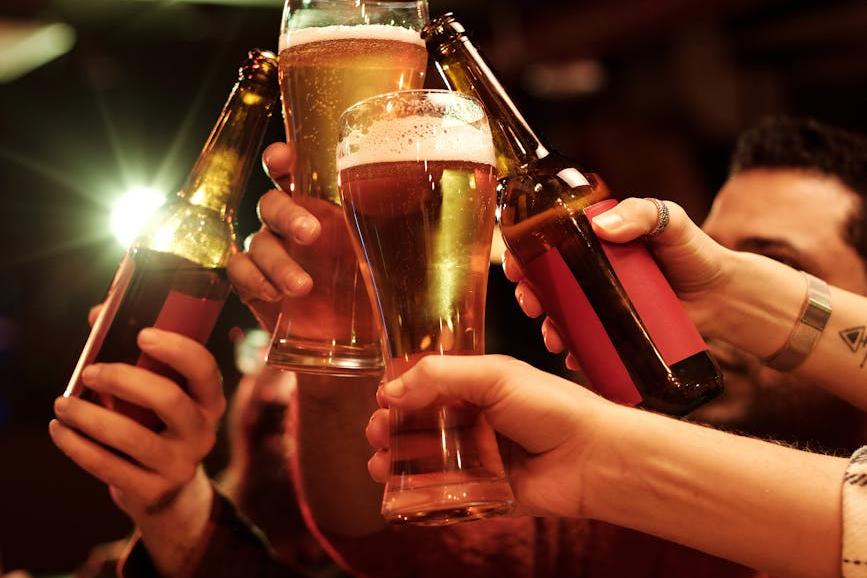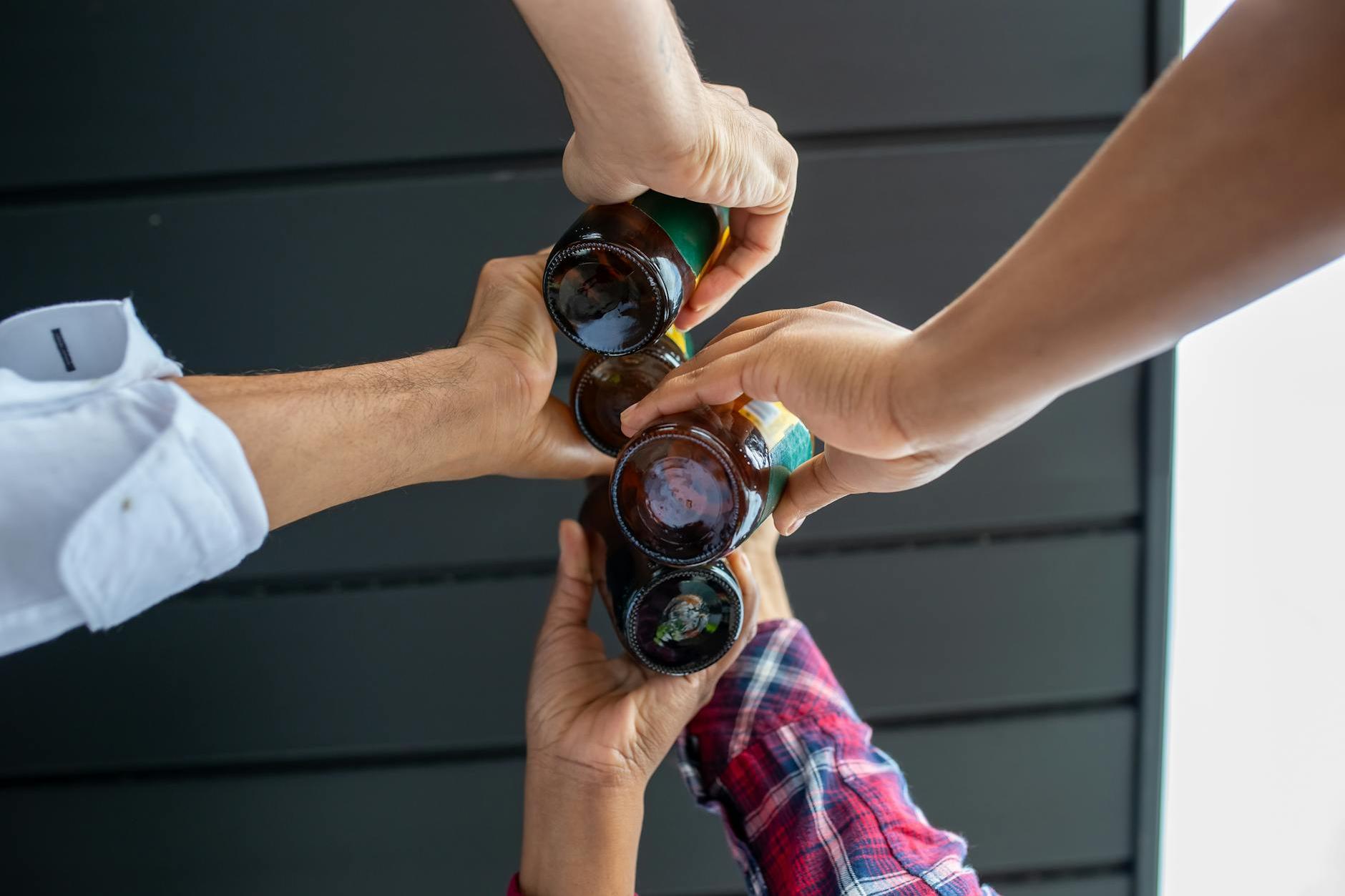- 20 Years of Expertise in Import & Export Solutions
- +86 139 1787 2118

When craft beer meets customs declaration forms
Last year, while helping a craft beer bar in Shenzhen import Belgian Trappist beer, we made an unexpected discovery: out of the five containers in the same batch, two were detained by customs due to the agent's misreporting of the malt sugar content. This experience deeply impressed upon me that selecting an imported beer agent involves far more than just comparing prices.
Three core screening criteria
Qualification Review: Don't Be Blinded by "All-Inclusive Services"
- Liquor Business License ≠ Import Qualification: Request to present the customs registration certificate and the food importer registration number.
- Cold Chain Logistics Certification: Check whether ISO22000 or BRC storage certification is available.
- Special category experience: Beer containing additives such as lactose/caffeine requires separate approval.
Supply Chain Management: The Visible Warehouse, The Invisible Links
- Please provide a complete sample of logistics node monitoring (temperature curve records, transit connection timeliness).
- Check whether the ratio between bonded warehouses and regular warehouses is reasonable (a suggested 3:7 ratio is recommended to control costs).
- Emergency Handling Procedures (Alternative Solutions in Case of Port Strikes)
Market Fit: Do Agents Understand Consumers Better Than You?
| Agent type | Suitable scenarios | Potential Risks |
|---|---|---|
| Exclusive regional agent | New brand market expansion | The speed of channel distribution is constrained. |
| Multi-brand comprehensive agency | Growth of mature brands | Promotion resources are scattered. |
Real-life case: The lesson of German dark beer's "failure to adapt to local conditions"
In 2024, an importer declared a German dark beer with an original wort concentration of 18°P as a regular beer, resulting in a 30% additional tax on the entire container due to incorrect classification. This costly lesson worth 560,000 yuan tells us:Agents familiar with the consumption habits of the target country, more important than simply promising lower tariffs.
List of Common Cognitive Biases
- ? The HS code is entirely dependent on the agent's declaration.
- ? Believing that cold chain transportation means maintaining low temperatures throughout the entire process.
- Please translate the following Chinese into English: ? Ignore the legal joint liability on the Chinese back label
- ? Prioritizing customs clearance speed as the primary performance metric.
Three Signals for Establishing Long-term Cooperation
When an agent proactively offers these suggestions, it indicates you've encountered a reliable partner:
- It is recommended to declare in batches to avoid anti-dumping risks.
- Provide different packaging solutions.?Ocean shipping?Full - container cold chain
- Share the return case data of similar products.
Standing on the dock filled with containers, gazing at the batch of monastery beer that had finally cleared customs, I suddenly recalled the words of an industry veteran: "A good agent is like the bubbles in beer—usually invisible, but without them, it's just not the same." Next time you're selecting a partner, it might be worth paying more attention to these "invisible metrics."
Recommended for You
Category Case
Contact Us
Email: service@sh-zhongshen.com
Recommended for You
Contact via WeChat

? 2025. All Rights Reserved.









